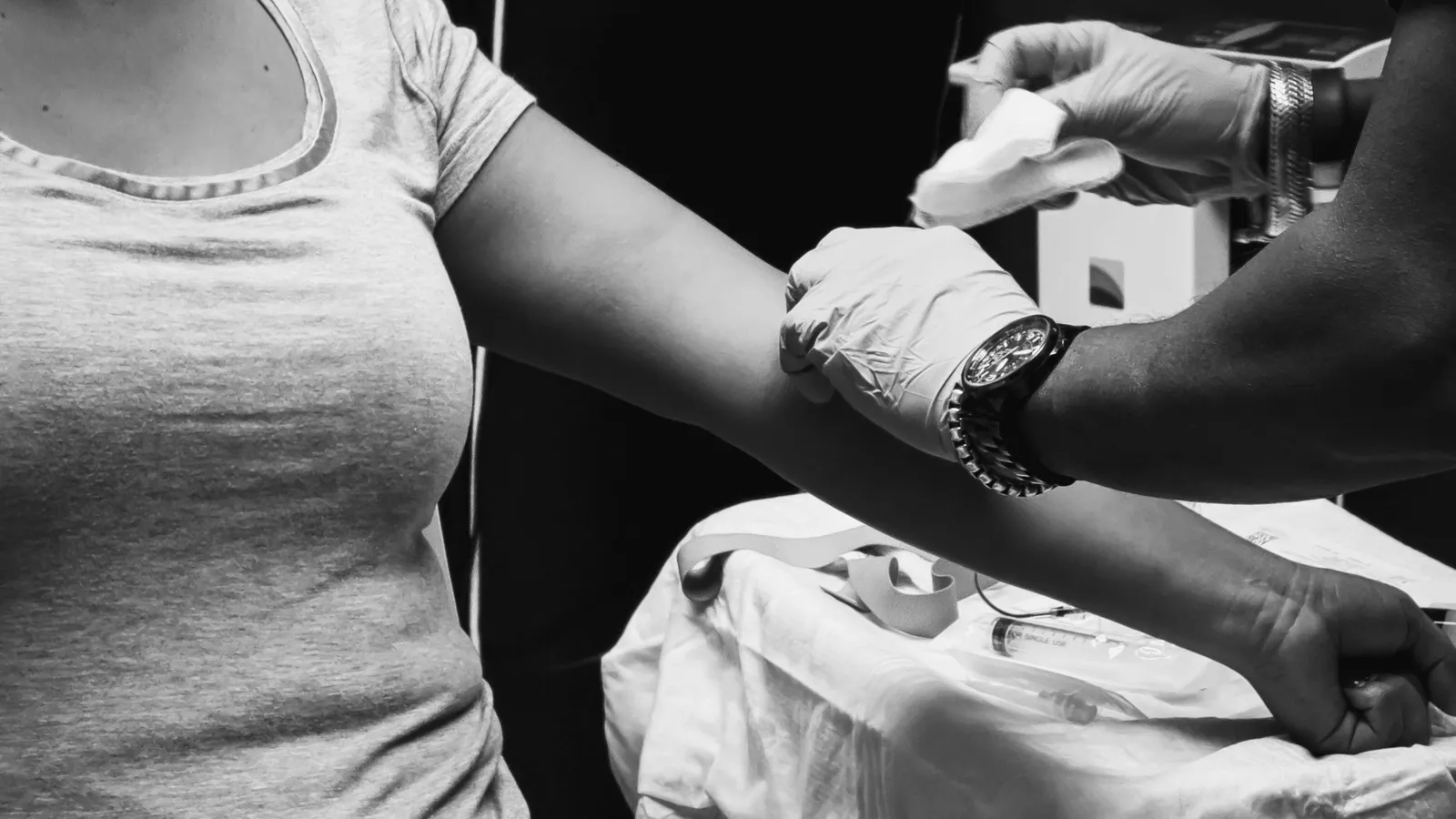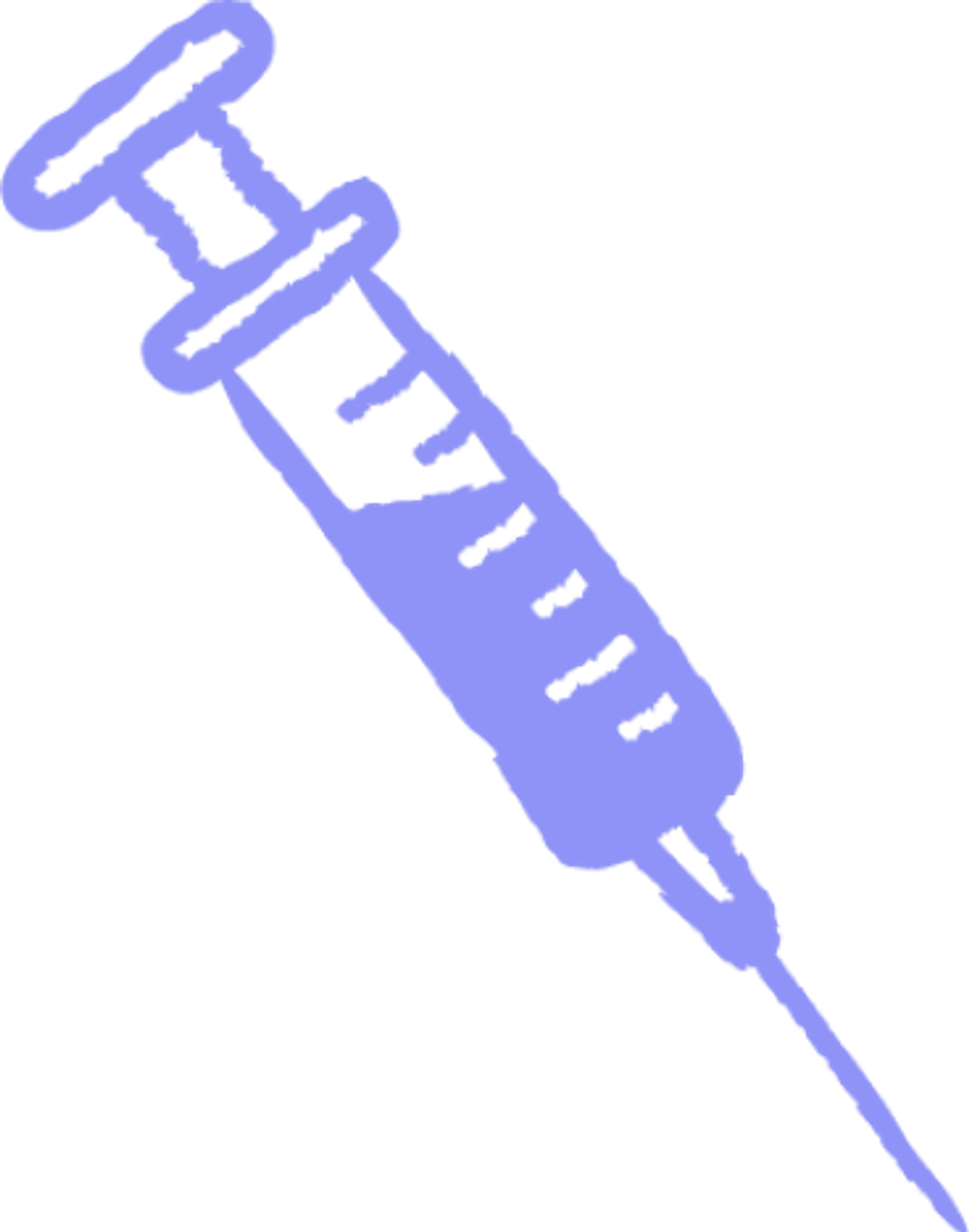Plasma 101
Who: Eligible donors between 18 and 63 can earn up to $560 a month in NY and up to $770 a month in FL.
What: Plasma is the yellow part of your blood that replenishes naturally.
Where: Queens, Brooklyn, The Bronx (NY), and Ft. Pierce (FL).
Why: Get paid to donate and help treat bleeding disorders, immune deficiencies, and more.
When: No appointment needed—walk in anytime before closing.
Becoming a Plasma Donor: What You Need to Know

Becoming a Plasma Donor: What You Need to Know
Plasma donation is a crucial, life-saving act essential to a number of medical treatments across the globe. This process involves donors providing their plasma, a key component of blood that supports critical bodily functions and medical interventions.
Through plasma donation, individuals contribute significantly to the healthcare industry, aiding in the production of therapies for conditions ranging from trauma recovery to chronic diseases. The act of donating plasma goes beyond a simple medical procedure; it is a profound gesture of altruism, giving hope and life to those in dire need. As we explore the journey of becoming a plasma donor, it's important to recognize the profound impact this act has on countless lives, embodying a true expression of human kindness and solidarity.
Taking the first step – Becoming a plasma donor involves preparation, understanding the donation process, and recognizing the impact of your contributions on lives worldwide. Learn about eligibility, plasmapheresis, and the importance of regular donations in saving lives.
Preparing to Become a Plasma Donor
Before embarking on the fulfilling journey of plasma donation, it's essential to understand the eligibility criteria and prepare accordingly. To become a plasma donor, individuals must be at least 18 years old and weigh a minimum of 110 pounds. Additionally, candidates must undergo medical screenings to ensure they are free from transmissible viruses such as HIV and hepatitis, safeguarding the health and safety of recipients.
Ideal donors often possess AB-positive or AB-negative blood types, known for their universal plasma compatibility. However, certain conditions can restrict eligibility, including recent tattoos, piercings, and specific lifestyle or medical factors.
Preparation is key to a successful donation experience. Proper rest, a healthy diet, and adequate hydration are pivotal. To optimize your body for plasma donation, consider these essential steps:
Ensure a good night's sleep before your donation appointment.
Maintain a nutritious diet rich in iron and vitamin C to support blood health.
Drink plenty of water in the days leading up to your donation to stay well-hydrated.
Avoid caffeine and alcohol, as these can affect hydration levels and blood volume.
Refrain from fatty foods, which can impact the plasma's quality and usability.
By following these guidelines, donors can enhance their donation experience, ensuring their plasma is of the highest quality and ready to help save lives.

The Donation Process
The plasma donation process is streamlined and designed for the donor's comfort and safety. Here's a step-by-step guide to what donors can expect:
Registration and Health Screening: Upon arrival, donors register and undergo a health screening to ensure they meet the donation criteria.
The Plasmapheresis Process: This is the core of the donation, taking approximately 45-60 minutes. During plasmapheresis, blood is drawn and processed through a machine that separates and collects plasma, returning the remaining components back to the donor.
Post-donation Care and Recovery: Guiding donors through aftercare for a smooth recovery.
Understanding Plasmapheresis
Plasmapheresis is a sophisticated medical process that efficiently separates plasma from the blood. This method allows for the collection of plasma while ensuring the donor's safety and comfort, making it possible to donate more frequently than whole blood.
Compensation for Donors
To acknowledge their time and contribution, donors receive compensation, which may vary by location and plasma donation center. This token of appreciation reflects the vital role donors play in supporting healthcare treatments and research. Olgam Life, for example, prioritizes the well-being and recognition of donors, ensuring they feel valued throughout the donation process.
Life as a Regular Plasma Donor
Embracing the role of a regular plasma donor comes with its set of responsibilities and rewards. Post-donation care is paramount; donors are advised to prioritize hydration and refrain from engaging in strenuous activities for at least 24 hours to ensure a smooth recovery. This cautious approach helps maintain the donor's health and readiness for future donations.
The Impact of Regular Donations
Regular plasma donations play a critical role in sustaining medical treatments for patients facing severe illnesses. The consistent supply of plasma helps in the manufacturing of therapies for conditions such as immune deficiencies, bleeding disorders, and other critical medical situations.
Benefits of Being a Regular Donor:
Lifesaving Contribution: Regular donations provide a continuous supply of plasma, essential for emergency medical treatments and chronic conditions.
Health Monitoring: Regular donors benefit from frequent health screenings, offering an overview of their well-being.
Community Impact: Your donations support the health of community members and contribute to the global need for plasma.
Personal Fulfillment: Knowing your efforts directly save lives offers immense personal satisfaction.
Becoming a regular plasma donor with Olgam Life not only supports a vital medical resource but also enriches your life with a sense of purpose and community contribution.

Impact and Importance of Plasma Donation
Plasma donation plays a crucial role in the medical field, providing essential treatments for various severe conditions. The table below illustrates how donated plasma aids in treating diseases:
Disease | How Plasma Helps |
Severe Trauma | Blood clotting support |
Burns | Protein replenishment |
Liver Disorders | Clotting factor support |
Global Contribution
During global health crises, such as the COVID-19 pandemic, the demand for plasma donations surged. Plasma's antibodies were crucial in developing treatments for those battling the virus, showcasing the invaluable contribution of plasma donors worldwide. This highlights not only the immediate impact of plasma donation on individual lives but also its significance in addressing broader health challenges.

Plasma donation is a profound act of generosity with far-reaching impacts on both personal and societal levels. By understanding the eligibility criteria, preparation tips, and the donation process, individuals can embark on a rewarding journey as plasma donors. This vital contribution supports countless medical treatments, from emergency interventions to chronic condition management, illustrating the essential role of donors in the healthcare ecosystem. Engaging in plasma donation not only offers a sense of personal fulfilment but also strengthens the fabric of our communities, underscoring the power of collective effort in saving lives and fostering health and well-being across the globe.
Inspired to make a difference? Check out your local plasma donation center today and start your journey as a lifesaving plasma donor. If you need any more information, check out our FAQs or contact us directly.
















